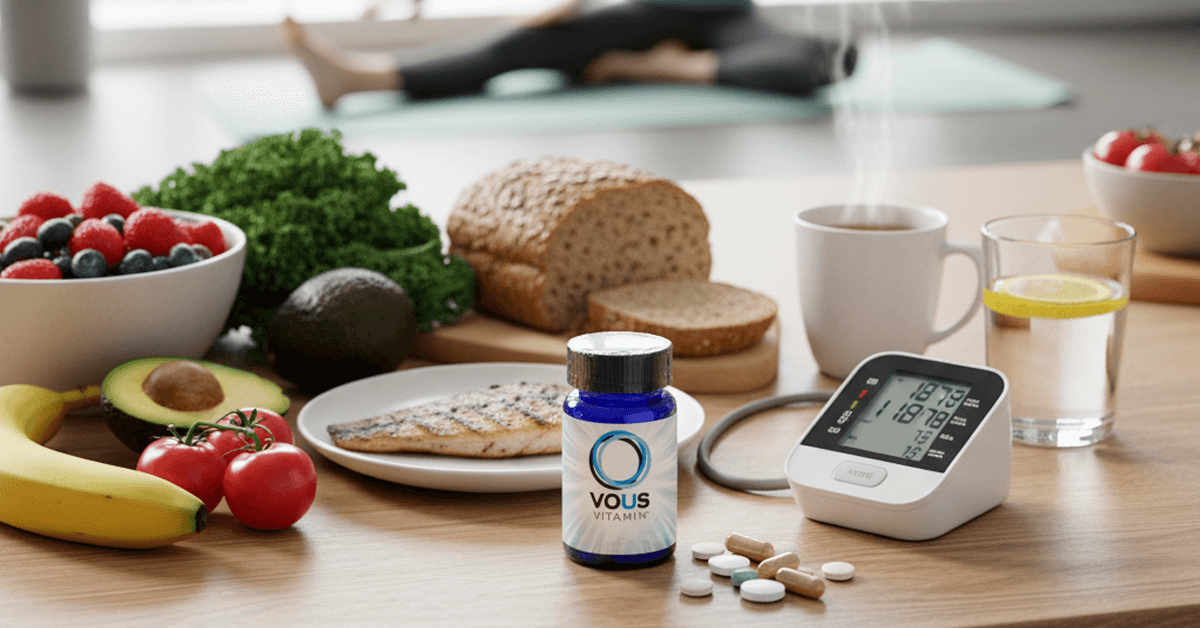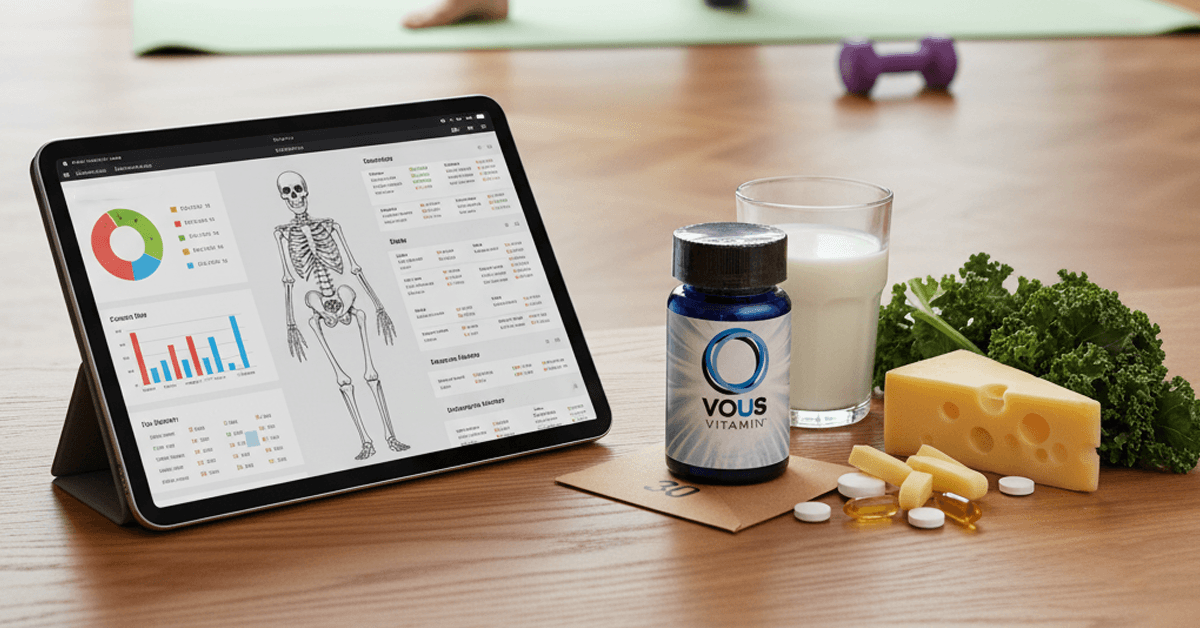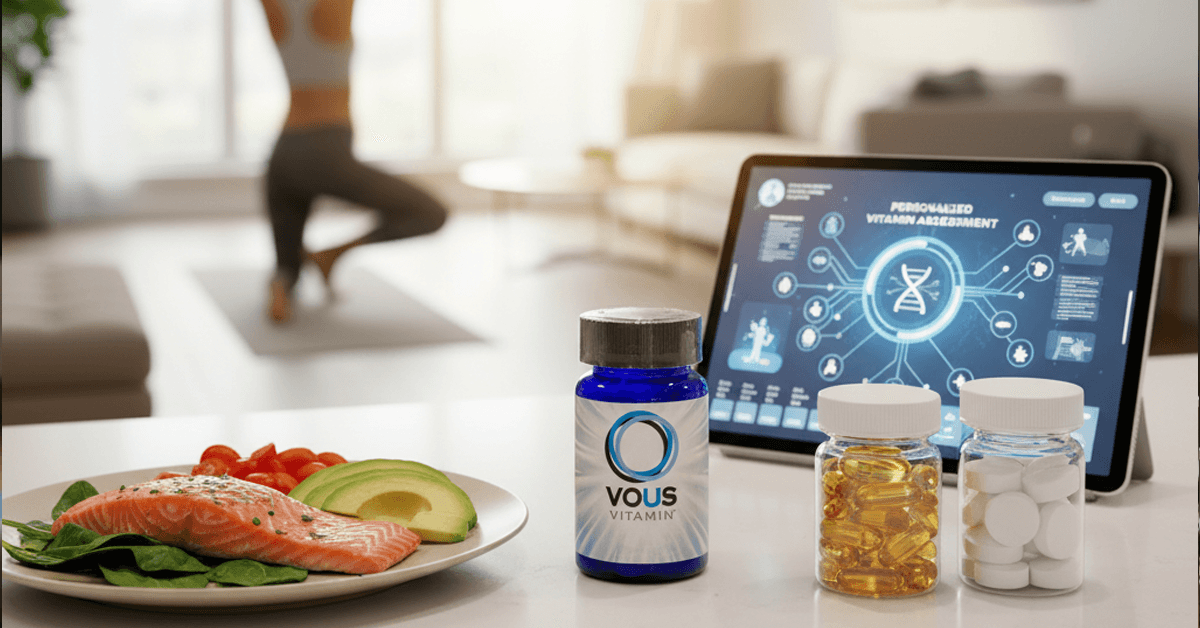

Consumers are dangerous when left to their own devices in the vitamin aisles. The confusion and self-prescribing in these aisles is what constitutes the need for personalized vitamin solutions. A forty-two-year-old woman feels down during the long winter months. She consults with an online holistic doctor who says her symptoms are likely due to vitamin D deficiency. He advises she start a high-dose supplement to treat her symptoms. Under his advisement, she begins taking 10,000 international units (IUs) of vitamin D3 daily. Within a few weeks she feels somewhat better, less sad and more energetic. This however, is short-lived. She becomes increasingly fatigued, lethargic, and constipated. About six weeks after starting this new regimen, her husband has to call 911 because she is barely arousable. She has in fact overdosed on vitamin D, which causes her parathyroid/calcium regulatory system to go off-kilter. Heavy doses of vitamin D cause massive amounts of serum calcium to accumulate, which in turn results in a near-comatose state and other complications. After a weeklong ICU stay, the effects are ultimately reversed.
Vitamin D in massive doses can be toxic. It is a fat-soluble vitamin that over time accumulates in your body. However, in reasonable daily doses the majority of us benefit from it and in fact need it in supplement form. Knowing (based on where you live, your diet, and other factors) what a reasonable daily dosage is the important thing here. Also, realizing that treating vitamin D deficiency is a slow process that does not happen over weeks, but rather months, is essential. Lesson learned, we hope.
A twenty-five-year-old law student struggles with constipation. She only moves her bowels every two to three days and feels bloated, gassy, and uncomfortable in between. A friend advises her to take some “natural” supplements from a local health food store. They include: milkweed and Siberian ginseng. Twenty-four hours later her constipation symptoms persist, and she becomes dizzy and lightheaded. Evaluation in the emergency room reveals a dangerously high potassium level from the products she ingested. The high potassium causes cardiac issues and arrhythmias until she is treated with the proper intravenous (IV) medications. What was actually in these health store products and at what exact dose is still uncertain. After ruling out all other variables, it is clear the “natural” supplements caused some potentially life-threatening side effects. The patient is fortunate to be treated quickly.
A fifty-three-year-old woman has a long history of anxiety and depression treated with commonly prescribed medication. She feels her medication is no longer working as well as it should be, so she consults with a naturopath who says she has a low level of T3 (a form of thyroid hormone) despite the fact that her regular doctor said her thyroid tests are normal. She starts taking a “natural” thyroid replacement (a “glandular” preparation of T3, made from animal thyroid). For the next few weeks she finds she feels energetic in the morning after taking her T3 but completely exhausted in the afternoons. The naturopath says she has “adrenal fatigue” and adds a didehydroepiandrosterone (DHEA) supplement and St. John’s wort. Three weeks later she ends up hospitalized for palpitations, tremors, muscle cramping, and diarrhea. She is found to have “serotonin syndrome,” triggered by starting the addition of these new “natural” products. The T3 has also caused her to be hyperthyroid and contributes to her symptoms as well. The combination of certain supplements with some prescribed medications can cause significant harm. Additionally, the use of “natural glandular replacements” can be both unnecessary and dangerous. These products are often made from ground-up pig or cow glands. The concentrations found in different batches are erratic and often toxic. These cases underscore the need for personalized vitamin solutions and digital navigation technology.


In a world where health should require an individualized approach by each person, generic multivitamins often cannot provide the same nutrients that your body really


For years, people have relied on generic vitamins hoping to fill nutritional gaps. However, what was working just a few decades ago does not suit


The majority of the population buys generic vitamins at the store with the hope that they will meet the nutrient requirements. However, the truth is


As individuals increasingly shift toward proactive health and wellness grounded in data, individualized approaches are sought to draw from, rather than antiquated, generic, one-size-fits-all multivitamins.
| Cookie | Duration | Description |
|---|---|---|
| cookielawinfo-checkbox-analytics | 11 months | This cookie is set by GDPR Cookie Consent plugin. The cookie is used to store the user consent for the cookies in the category "Analytics". |
| cookielawinfo-checkbox-functional | 11 months | The cookie is set by GDPR cookie consent to record the user consent for the cookies in the category "Functional". |
| cookielawinfo-checkbox-necessary | 11 months | This cookie is set by GDPR Cookie Consent plugin. The cookies is used to store the user consent for the cookies in the category "Necessary". |
| cookielawinfo-checkbox-others | 11 months | This cookie is set by GDPR Cookie Consent plugin. The cookie is used to store the user consent for the cookies in the category "Other. |
| cookielawinfo-checkbox-performance | 11 months | This cookie is set by GDPR Cookie Consent plugin. The cookie is used to store the user consent for the cookies in the category "Performance". |
| viewed_cookie_policy | 11 months | The cookie is set by the GDPR Cookie Consent plugin and is used to store whether or not user has consented to the use of cookies. It does not store any personal data. |